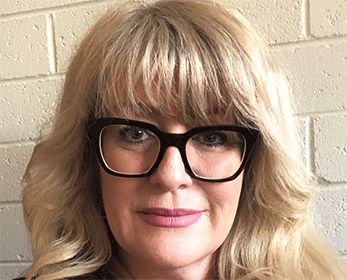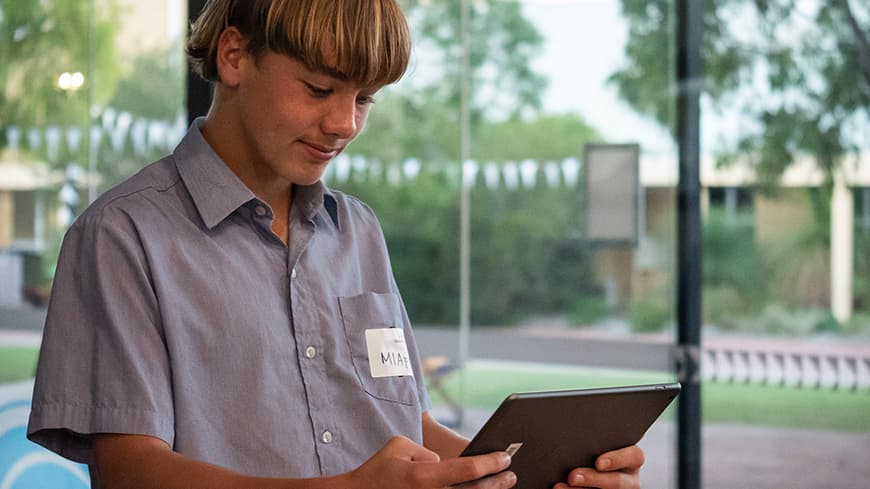
An educational app developed by an Edith Cowan University (ECU) research team has proved equally as effective in teaching high school students about Meningococcal Disease (MD) as classroom-led programs.
Developed in collaboration with The Amanda Young Foundation, the interactive online game MIApp is specifically designed for high school students in Years 7 to 10.
Professor Amanda Devine from ECU's School of Medical and Health Sciences said MIApp had the potential to save more lives by making meningococcal disease education accessible to every rural, regional, metro or home-schooled secondary student throughout Western Australia.
"MD is a rare but very serious, vaccine-preventable infectious disease, of which adolescents and young adults are at particular risk," Professor Devine said.
The disease resulted in 43 cases and the death of six Western Australians in 2017, with cases doubling between 2016 and 2017 alone.
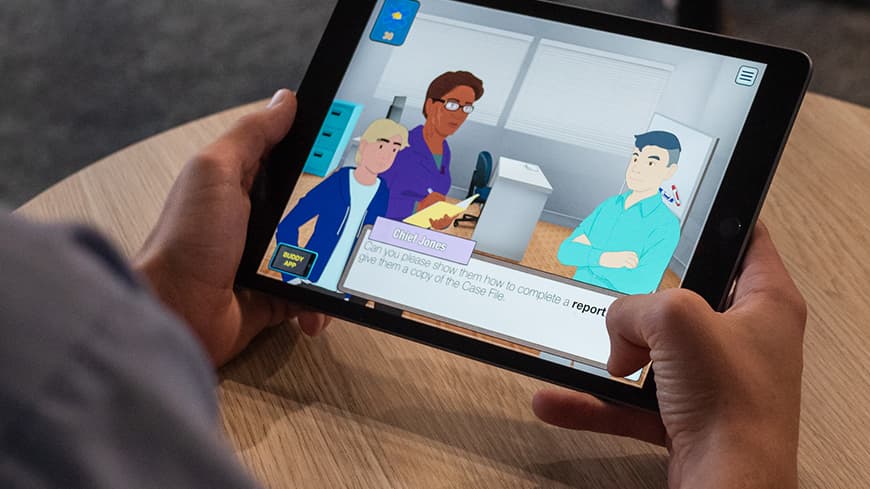
MIApp equally effective as face-to-face learning
Dr Lauren Bloomfield from ECU's School of Medical and Health Sciences said the research trials were conducted among 788 students in Years 7 to 10, across six WA high schools.
"We evaluated changes in students' knowledge about meningococcal carriage, disease and vaccination after using the app, and compared these to students who received an in-class education presentation, which is currently the primary mode of student education offered by the Amanda Young Foundation," Dr Bloomfield said.
Both groups demonstrated a significant improvement in key knowledge of MD infection and prevention.
"The median score for correct responses in both groups increased from 37.5 to 87.5 per cent. The majority of students who played MIApp also agreed that it was easy to use and more enjoyable than a presentation."
Essential learning resource for secondary teachers
Dr Julie Boston from ECU's School of Education said the results show that overall, students using MIApp had a very similar improvement to their knowledge of meningococcal disease as those who attended a presentation.
"This fantastic result means the education program can be delivered in schools across WA and beyond – this is particularly helpful for schools in regional and remote areas who don't currently have access to face-to-face sessions," Dr Boston said.
Professor Amanda Devine said students using MIApp will learn how to best protect themselves from the disease – and what to do if they suspect they may have caught it.
"Teachers who use MIApp in the classroom can be confident that their students are gaining the same important knowledge of this serious disease through interactive, engaging, self-guided game play," Professor Devine said.
Schools and teachers who take part in the free MIApp education program will also receive a curriculum-aligned teaching and learning resource.
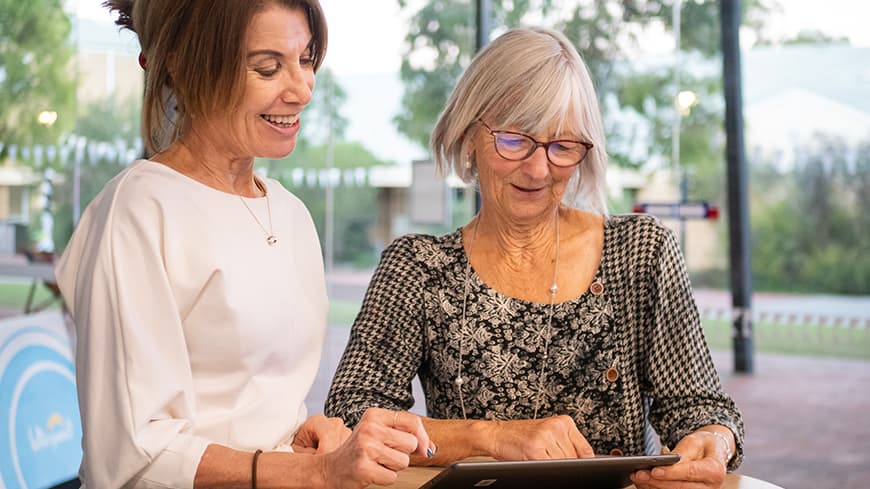
A proud partnership
Deanna Howell, Education Manager at The Amanda Young Foundation said she was proud of the of the partnership formed with ECU through the MIApp project.
"My overall aim has been to have a suite of online resources for K to 12 that teachers can freely access from our website. With MIApp, and the teaching resources, now available online – we are complete."
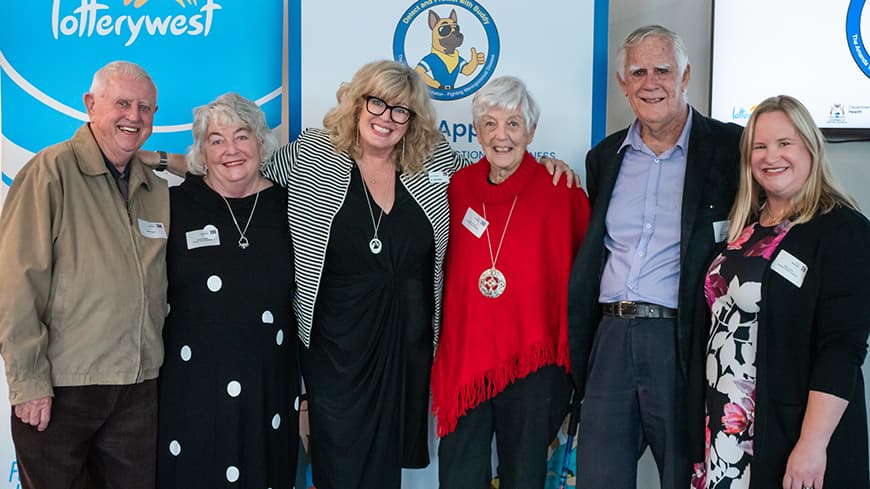
Barry Young, Founder of The Amanda Young Foundation said:
"Lorraine and I have been dedicated to reducing deaths from meningococcal disease since the death of our daughter Amanda in 1997.
"Our Health Promotion Officers have been presenting to schools for over 20 years. While our presentations are highly effective, due to our limited resources our outreach is not as extensive as we would like.
"MIApp provides us with an opportunity to reach all schools in Western Australia with the same health message.
"Thank you to our major sponsor Lotterywest and co-contributors Edith Cowan University, the WA Department of Health and our own foundation for supporting this project."
MIApp is free and available at the App store. Schools and teachers can download the PC or iPad version, user guide and teaching resources via the Amanda Young Foundation website.
MIApp was developed by experts from ECU's School of Medical and Health Sciences, School of Education and School of Science, in conjunction with the Amanda Young Foundation. For more information visit the Meningococcal Infection, Awareness, Prevention and Protection (MIApp) research project website
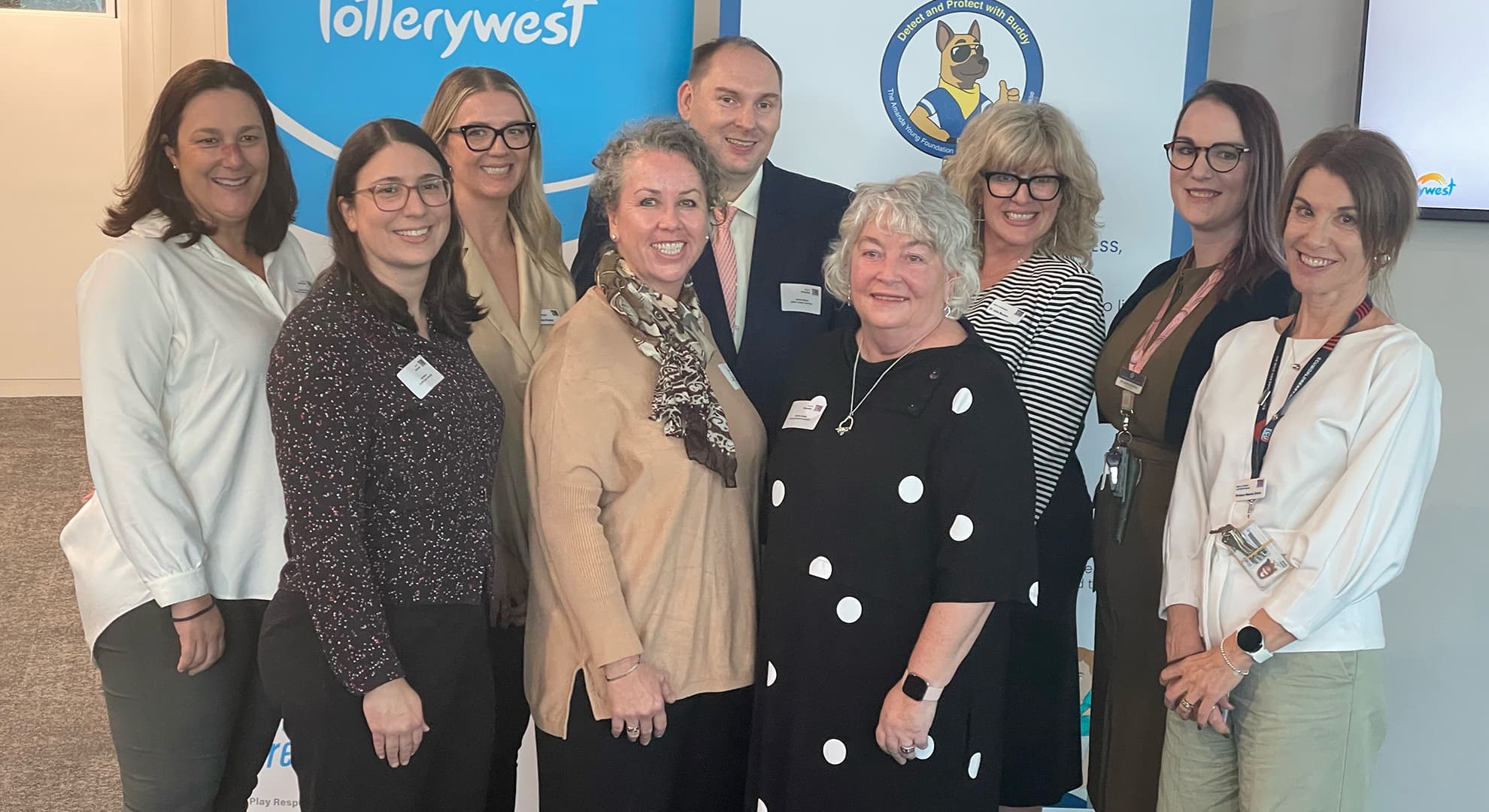 Back row (L-R): Jennifer Hanna, Brittany Hanson, Assoc Prof Martin Masek, Dr Julie Boston, Dr Lauren Bloomfield, Front row: Jessica Watson, Dr Donna Barwood, Deanna Howell, Prof Amanda Devine.
Back row (L-R): Jennifer Hanna, Brittany Hanson, Assoc Prof Martin Masek, Dr Julie Boston, Dr Lauren Bloomfield, Front row: Jessica Watson, Dr Donna Barwood, Deanna Howell, Prof Amanda Devine.
